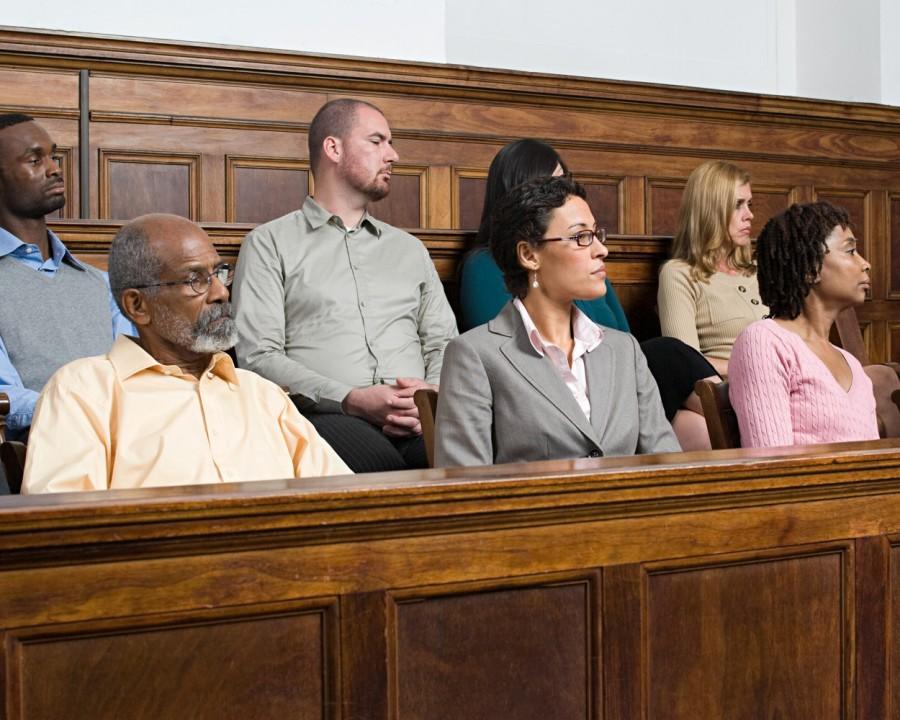The Unknown Power of the Jury
Few understand the ability of jury nullification – or how to use it correctly.
January 7, 2016
Juries have been an integral part of our country’s criminal justice since the founding of America. In fact, its roots stretch back into the ancient Greek and Roman cultures, and the concept of trial by jury was widely established in colonial society by the British. Today, many of us don’t even think twice about the purpose of having juries render verdicts. However, we also often carry the perception that juries are perfectly just and always make the right call. Believe it or not, juries are made up of fellow humans who are subject to their own personal beliefs, and sometimes make decisions that are contrary to the instructions of the court and the law itself. The concept of a jury delivering a verdict of Not Guilty even though the prosecution has proved that the defendant has violated the law is known as “jury nullification,” and has been both lauded and criticized.
In order for us to determine whether jury nullification is a legitimate practice, we need to look back to the basic purpose of any jury. The reason that a jury of one’s peers decides whether one is guilty or not instead of a judge is so that the viewpoint of the community is heard in the courtroom. In this way, the government’s power is checked and the people are given a form of direct democracy, which is why the Constitution contains the right to a jury and the “double jeopardy” clause, which prevents an acquitted person from being charged again for the same crime. However, both of those constitutional rights have given much, and some argue, too much power to twelve randomly selected citizens of a community. Indeed, many courts have sought to reduce implementation of this power by refusing to inform juries of their power to nullify, even as the courts recognize that juries inevitably have this power. The reluctant recognition of jury nullification is not without cause. In the pre-Civil Rights era South, many all-white juries would acquit white defendants accused of harming blacks regardless of the actual facts of the cases. These type of arbitrary decisions are possible under jury nullification, since there is no way of revisiting or overturning acquittals.
However, this power that the jury possesses can just as easily be used for good causes. Going back to the fundamental purpose of juries, we see that juries are necessary to check the government and to have the people interpret the facts. Jury nullification can be used to better fulfill these duties. It allows juries to rule counter to the instructions of the judge or the government if they the people believe that the government is unjustly applying the law. It also promotes a flexible and organic system of law that takes certain situations into account; laws can never predict every circumstance they will be applied to, so jury nullification would enable a jury to rule based on the defendant’s specific situation.
As we can see, this power of the jury, like many others, comes with its costs and benefits. And yet many are unaware of its implications or even its existence. Maybe it is time to educate our society about jury nullification, though some fear this will lead to an uptick in arbitrary decisions made by juries. But just like any other duty or responsibility, it is crucial to lay out clear instructions on how to proceed with such power, instead of allowing people to discover this hidden power and not know how to use it properly. Thus, changing our current sweep-under-the-rug approach to jury nullification is needed to ensure that our juries are better


